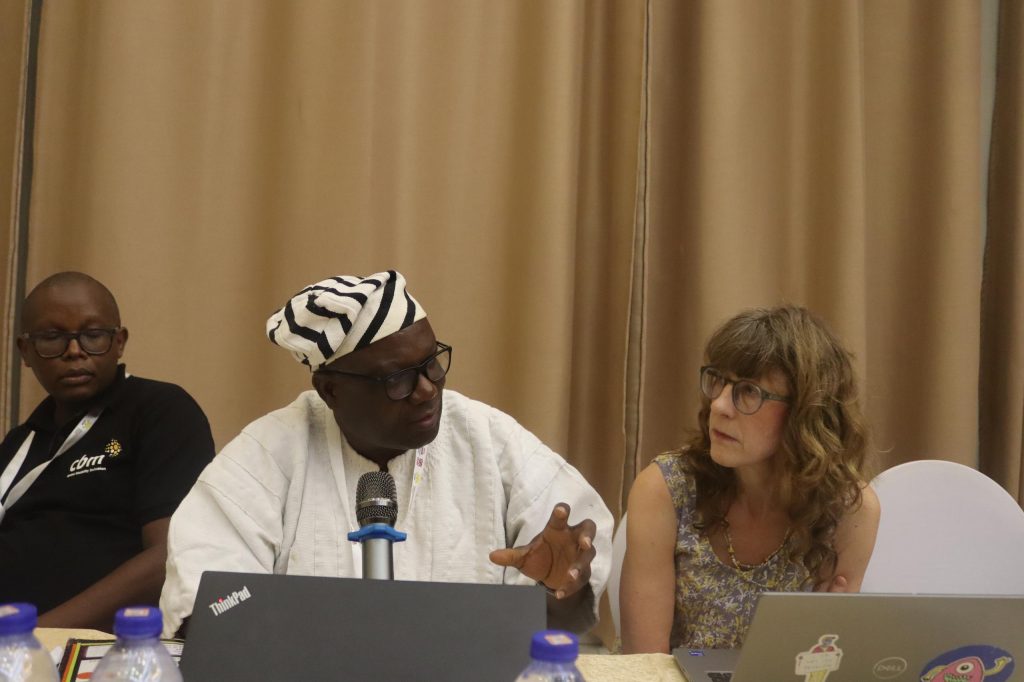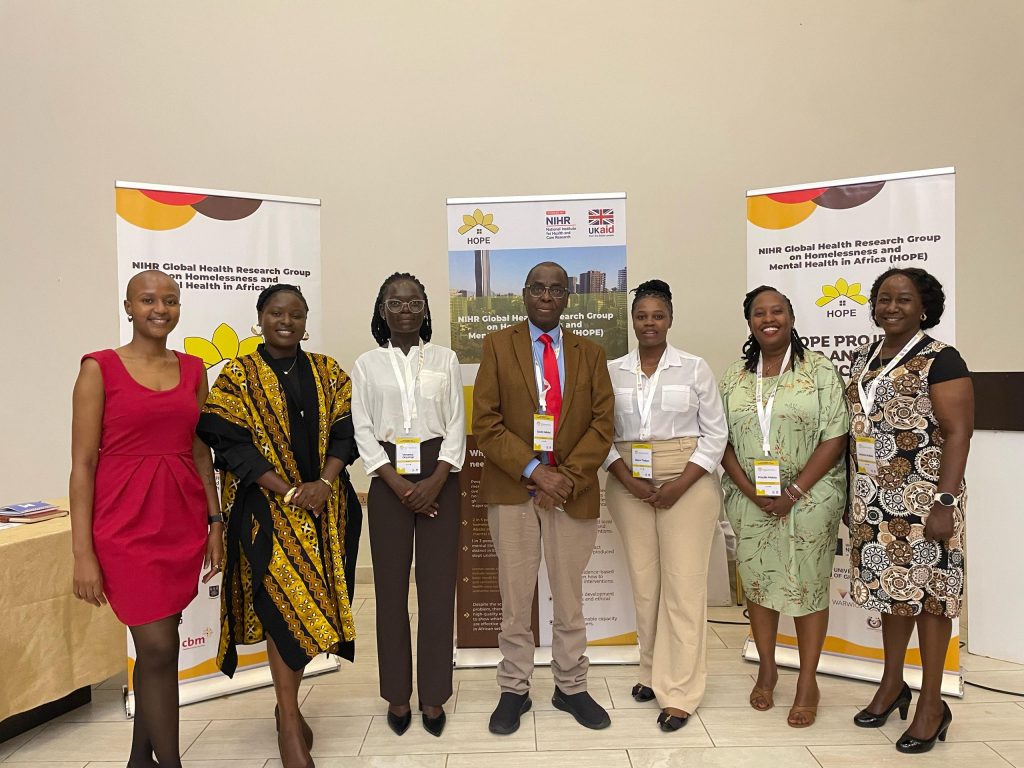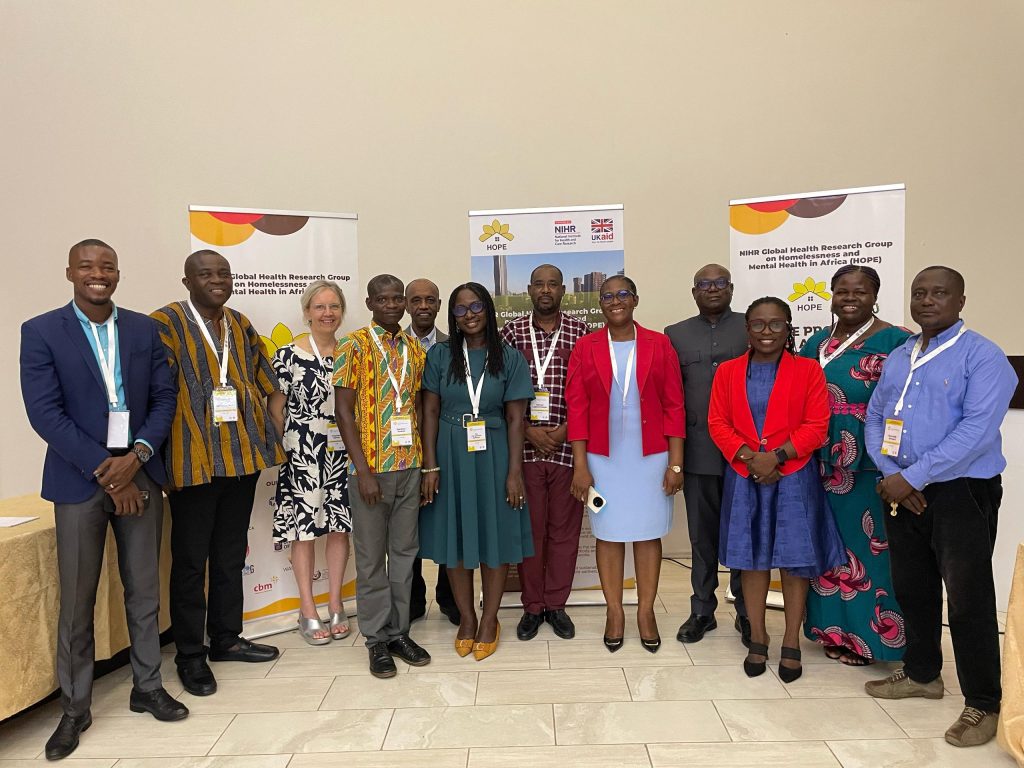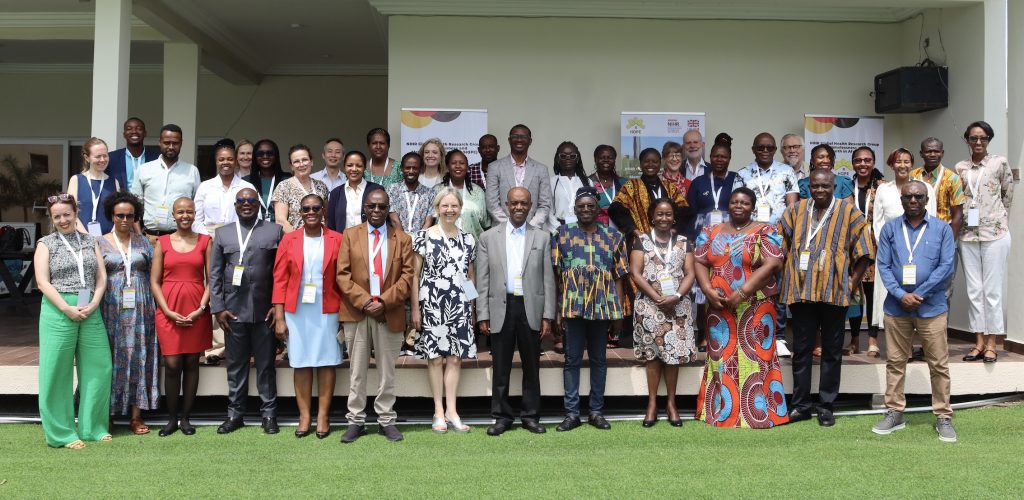Accra, Ghana – The 3rd annual meeting of the HOPE Project opened in Accra with a call to action on the urgent need for effective, rights-based interventions that respond to the prioritized needs of homeless people with severe mental illness in Ghana, Ethiopia and Kenya.
Speaking at the meeting, Executive Director for BasicNeeds-Ghana, Peter Badimak Yaro (PhD), underscored the significance of collaborative research efforts in transforming the lives of vulnerable communities.
Dr. Yaro observed that many homeless individuals face mental health challenges, and responses—ranging from pity and charity to occasional violence—are often based on what people or organizations consider appropriate. He noted that while some of these interventions have had mixed outcomes, they are mostly short-term and not well integrated into public health systems and policies.

According to Dr. Yaro, the timing of this research is crucial, as social dynamics shift and longstanding support systems erode.
The HOPE Project, funded by the UK’s National Institute for Health and Care Research (NIHR), aims to develop effective, rights-based interventions that address the prioritized needs of people experiencing homelessness and severe mental illness in Ethiopia, Ghana, and Kenya. The project focuses on exploring the intersection between homelessness and mental health.

The high-level gathering drew mental health stakeholders from the UK, the US, Ethiopia, Kenya, Malawi, Zimbabwe, and Ghana. Notable attendees included representatives from the Ghana Health Service, the Ministry of Health in Ghana, the World Health Organization, and the Ghana Mental Health Authority, mental health lived experience groups, researchers and social development professionals across the participating countries.
The event, which ran over three days, offered a platform to reflect on progress and chart a course for future action.
“Let us use this time to review what we’ve done and recommit to what lies ahead. Our shared goal—to develop inclusive mental health interventions for the homeless—is within reach, but it demands our focus and resolve,” he said.

With participants attending both in person and virtually, the meeting represented a renewed commitment to advancing global mental health research grounded in empathy, evidence, and cross-border collaboration.


